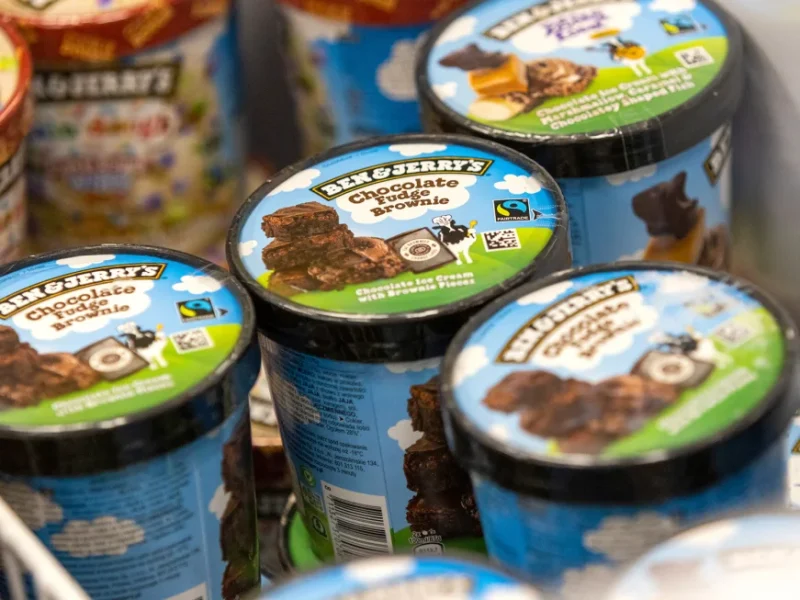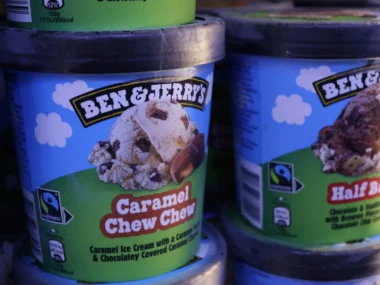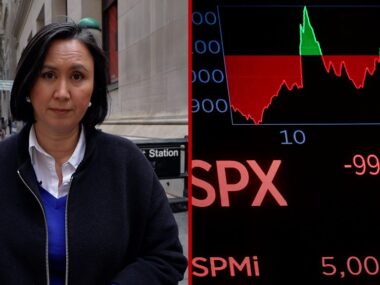The world’s largest ice cream enterprise is preparing to operate independently.
Unilever revealed on Tuesday its intention to spin off its ice cream division as part of an initiative to enhance sales and profitability, a move that will also involve reducing approximately 6% of the workforce.
Having dominated the global ice cream market for a century, Unilever’s brands are widely distributed worldwide. “Following the separation, Unilever will transition into a more streamlined, focused entity,” the company stated.
The newly established company will feature five of the top ten best-selling ice cream brands globally, including Magnum, Ben & Jerry’s, Breyers, Walls, and Cornetto. Cumulatively, sales from these brands, along with Unilever’s other ice cream offerings, totaled €7.9 billion ($8.6 billion) last year.
Unilever CEO Hein Schumacher emphasized the benefits of separating the ice cream business, citing its unique characteristics such as seasonality in demand and the necessity for a robust frozen goods supply chain.
As part of the growth strategy introduced in October, the UK-headquartered company committed to focusing on fewer initiatives with greater impact. Schumacher reiterated this commitment, stating that the announced changes will expedite the execution of this plan.

In May 2016, workers at Unilever’s Miko Carte d’Or factory in Saint-Dizier, France, were seen packaging boxes of ice cream.
Unilever’s ice cream business traces its roots back to the summer of 1913 when Thomas Wall initiated ice cream sales from his family butcher shop in London.
Over time, Unilever has acquired approximately two dozen major ice cream brands from various regions across the globe.
Presently, Unilever’s ice cream products are available in over 60 countries, commanding nearly a fifth of global ice cream sales, surpassing the combined market share of the next four leading competitors, according to Euromonitor. However, the company experienced a decline in ice cream sales last year due to reduced spending by financially constrained consumers. Unilever acknowledged this setback in its earnings statement, citing a decline in market share and profitability for ice cream in 2023.
In response to Tuesday’s announcement, equity analyst Matt Britzman from Hargreaves Lansdown noted that the decision didn’t come as a significant surprise. He highlighted ice cream as a distinct category compared to other product lines within Unilever, with recent performance struggles.
Unilever CEO Hein Schumacher indicated plans to potentially list the new ice cream company on the stock market by the end of 2025, although alternative options will be considered over the next 18 months to maximize shareholder value.
Following the spinoff, Unilever will retain four divisions: beauty and wellbeing, personal care, home care, and nutrition.
Additionally, Unilever unveiled a significant productivity initiative aimed at generating €800 million ($868 million) in cost savings over the next three years, which will involve the elimination of 7,500 jobs, primarily in office-based roles, through technology-driven efficiency enhancements.
Schumacher explained that the restructuring efforts would target various organizational layers, including head office positions in London and roles in other regions.











